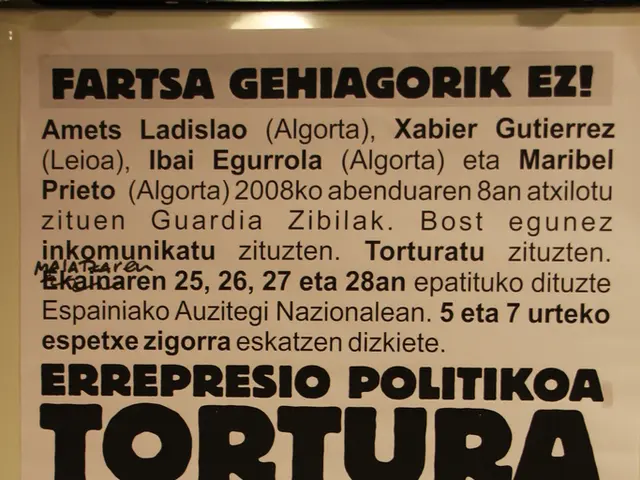Strengthening our alliance is crucial for our unity
Challenges and Plans for Germany's Black-Red Coalition
The current Black-Red coalition, comprising the CDU/CSU (Union) and SPD, is navigating a complex political landscape marked by disputes, unfulfilled expectations, and calls for improvement. Chancellor Friedrich Merz (CDU), who took office in May 2025, is facing criticism for the coalition's perceived lack of significant reforms and a cautious approach.
Struggling to Meet Expectations
The coalition has been under scrutiny for its inability to deliver on key campaign promises, such as stricter immigration controls, boosting economic growth, reforming social welfare sustainably, and improving infrastructure without new debt. Economists and analysts argue that the coalition has acted timidly, maintaining and subsidizing existing institutions, contributing to sustained debt levels.
Disputes Within the Coalition
The exact nature of the internal disputes between CDU/CSU and SPD is not explicitly detailed, but the overall tone points to frustration with policy stagnation and political deadlock. The coalition has not delivered clear reforms that balance CDU’s economic conservatism and SPD’s social commitments, leading to dissatisfaction in both camps and the public.
Plans for Improvement
In an effort to address these challenges, the government has proposed a major initiative: the creation of a large Infrastructure Special Fund worth €500 billion. This fund, approved as a constitutional amendment in March 2025, aims to boost Germany’s infrastructure investment. The fund allocates €100 billion to federal states and municipalities, €100 billion to climate and transformation projects, and €150 billion directly for infrastructure between 2025 and 2029.
Addressing Trust Issues
Recent reports suggest that trust within the coalition has been strained, with Dirk Wiese, the parliamentary business manager of the SPD faction, expressing concerns about unkept promises and the need for a retreat with the leading faction leaders at the end of August to address these issues. Barbara Bas, the SPD leader, has described trust in Jens Spahn, the leader of the Union faction, as "shaken."
In response, Spahn has emphasized the responsibility of the Black-Red coalition and distinguished it from the far-right AfD. He has also called for the coalition partners to come closer together. The planned retreat is intended to address the issues and clarify the current state of trust within the coalition.
Looking ahead, Wiese remains optimistic about the further term of the government, stating that he is confident that cooperation will improve. Spahn, too, has described the Black-Red coalition as a commitment to success for the benefit of the country. Despite the challenges, the Black-Red coalition continues to pursue large-scale initiatives aimed at overcoming difficulties and promoting economic and social progress.
Read also:
- Court petitions to reverse established decision on same-sex marriage legalization
- Proposed Standardization of Food Labeling Laws Among Member States by the Commission
- Experimenting with Merz's Germany has stretched into an extended period of time, resembling a numerous three-month duration.
- Moderate discussions scheduled between U.S. President Trump and India's Prime Minister Modi next month, according to recent reports.








